A carburetor and Fuel injector both are devices used to make an air-fuel mixture and provide it to the engine. The output of both devices is the same but the way in which it came is different. Following are the differences between carburetor and fuel injector.
Carburetor
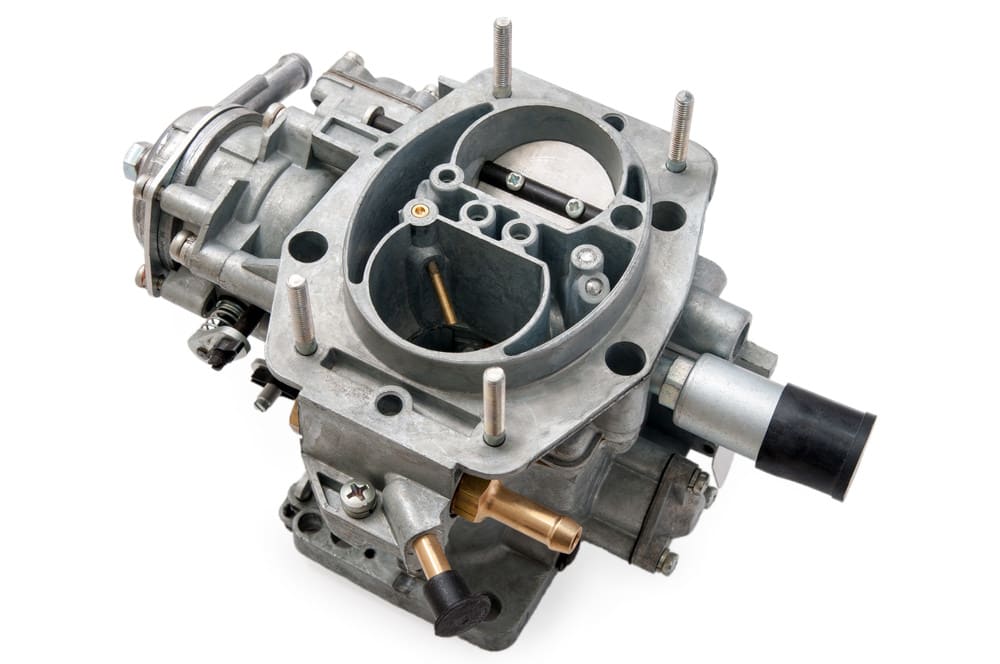
The carburetor contains jets that will push the gas into the combustion chambers. The amount of fuel that can flow through these jets depends completely on the amount of air that can be pulled into the carburetor venture. The main issue with obtaining the best performance using a carburetor is that it can’t monitor the air-to-fuel ratio for each individual cylinder. If there was a carburetor for each cylinder then this would not be an issue. So with a carburetor, the best fuel-to-air ratio for each cylinder is approximated for the best performance. However, carburetors do last longer than fuel injection systems and are favored in motorsports. Carburetors are also much simpler to install than fuel injection systems because there are no electrical components or return lines to the fuel tank. The carburetor is currently much less expensive than the electronic fuel injection systems.
Fuel Injection
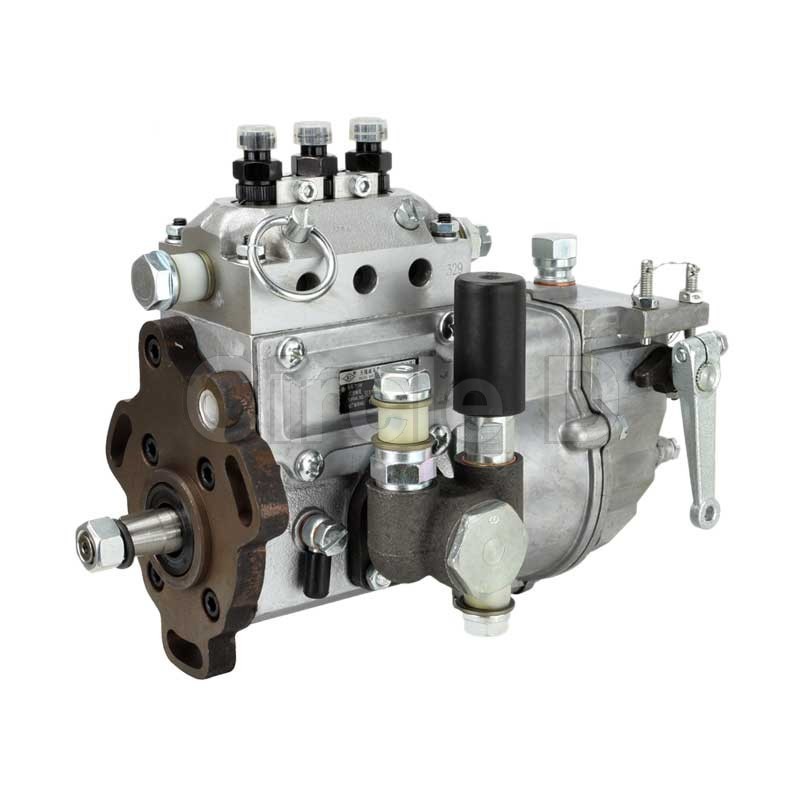
Fuel injection systems are becoming more popular for those wanting the best performance from their engines. There are two different versions of fuel injection – port fuel injection and direct injection. Port fuel injection is the most commonly used and direct fuel injection is the latest developed fuel injection system. This system was designed specifically for four or two-stroke engines. The main benefit of using direct injection is that the amount of fuel and air can be perfectly released and then injected into the cylinder according to the engine load conditions. The electronics used in the system will calculate this information and constantly adjust it. This type of controlled fuel injection results in higher power output, greater fuel efficiency, and much lower emissions. One of the main issues is that these systems are sophisticated and will cost much more than a carburetor. Installation is more complicated as it uses an electrical component and custom cylinder head configuration.
Diagnose of Problem
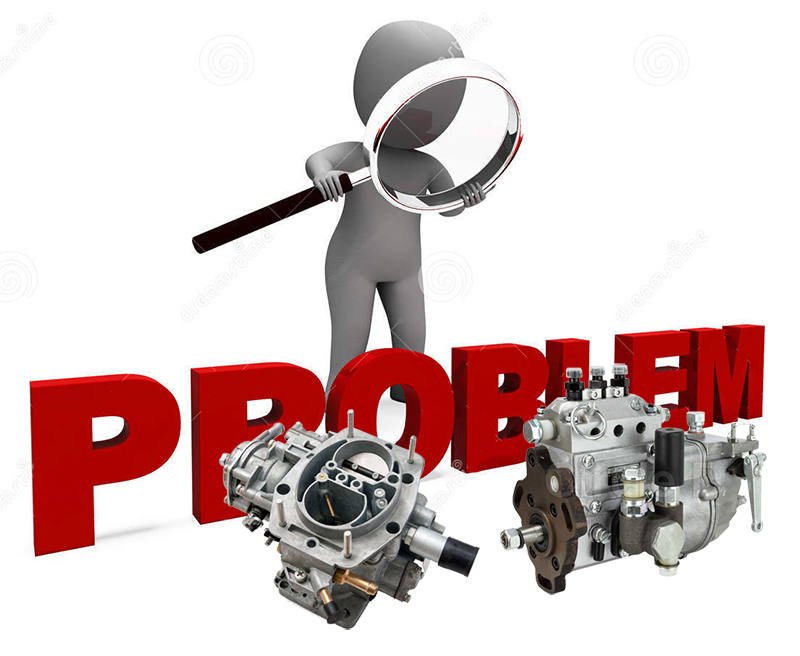
The complete electronic nature of the electric fuel injector allows problems to be diagnosed simply by connecting the ECU to a diagnostic device or a computer whereas in carburetors a specific experience is required for maintenance and tuning because it has to be done manually.
Fuel Variation
The fuel Injector allows the engine to perform with various fuels, and the operation from the driver’s perspective is smooth and fast this property is completely absent in a carburetor.
Efficiency and Emissions reducing
The fuel consumption can be optimized to suit the performance of the engine in fuel injectors, which increases the efficiency and reduces emissions whereas in carburetors fuel consumption cannot be optimized because of its working phenomena.
Which Is the Best Carburetor Or Injector?
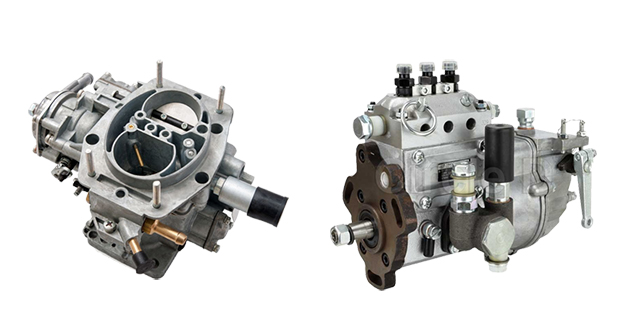
It is fairly obvious that most automobiles will be changing to fuel injection systems due to the lower emissions. However, unless the cost of these systems decreases significantly then there will still be a massive following that will stick to carburetors. When looking at pure horsepower, the fuel injection system only delivers about 10 extra horsepower at peak. It is the ability to constantly be tuning the fuel and air intake for each cylinder that benefits the performance. The fuel injection systems are the best as they will decrease vibration and help to overcome steep grades that are traditional terrain for off-roading. Again, which one is best completely depends on where and how you’re driving
Carburetor vs Injector our next blog topic
Carburetor vs Injector pros and cons
Affordable price
Latest design

















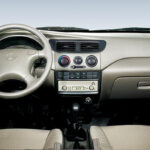







[…] A Pump can be of two types – mechanical and electric. Mechanical fuel pumps were used in carbureted engines; however, after the implementation of the electronic fuel injection systems, the electric […]
[…] simple component containing only a few parts, but it plays a critical role in the operation of any gasoline–powered vehicle. Essentially, the alternator turns the mechanical energy of the […]